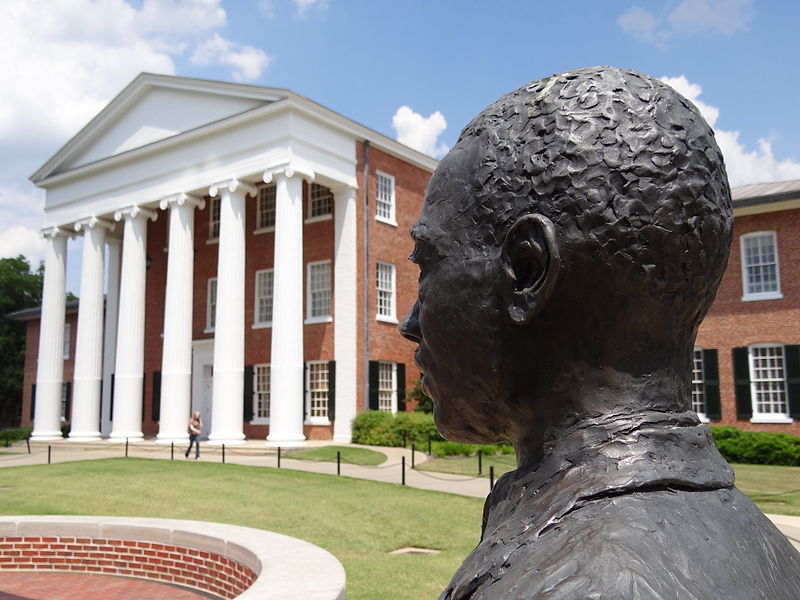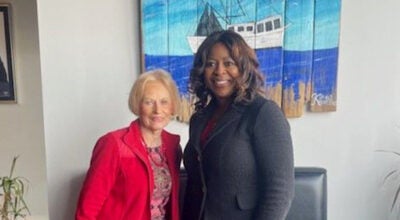Behind scenes of politically charged Ole Miss chancellor search, a battle rages for soul of university
Published 9:24 am Monday, September 30, 2019
BY ADAM GANUCHEAU, Mississippi Today
Members of the Institutions of Higher Learning board of trustees gathered at Old Waverly, a high-end private golf club in West Point, in mid-September for their annual retreat.
The 12-member IHL board, which oversees Mississippi’s eight public universities, usually meets in Jackson to approve lease agreements, consider legal contracts and discuss professor tenure and other personnel issues.
The annual board retreat, however, is a chance for the board to reflect on the weightiest challenges facing higher education in the state. This one, held on September 19, was the heaviest in recent memory: It was the last time the board’s ten men and two women would meet before beginning an assuredly contentious interview process to name a new University of Mississippi chancellor.
Behind the closed doors of an executive session, the IHL board winnowed an applicant pool of at least 35 candidates to just eight. The board voted to extend interview invitations to those seven men and one woman, one of whom could be tapped for one of the most prominent, sought-after, highest paid and powerful positions in state government.
For nearly a year, the state’s largest and flagship university has been without a permanent chancellor, who oversees operations at the main Oxford campus and University of Mississippi Medical Center in Jackson, the state’s only medical school. Former Chancellor Jeffrey Vitter, whom the IHL board hired in 2015, announced his resignation in November 2018. Larry Sparks, the university’s longtime vice chancellor for administration and finance, has served as interim chancellor since January.
In this vacuum, key stakeholders have waged a battle for the very soul of the university. Conservative alumni believe the university has veered too far to the left in recent years under leaders who they say have been too accommodating to “political correctness.” Still others fear the loss of academic freedom and believe there is still much work needed to reckon with the school’s history of social tumult and present-day racial conflicts that frequently thrust the school into the national spotlight.
Wealthy alumni have pulled large donations, tensions have crescendoed over the Confederate monument on campus, and fights over matters such as campus free speech and tenure have fueled political rhetoric.
As student enrollment has dropped the past two academic years and annual donations to the endowment have dropped the past three fiscal years, prominent figureheads say the university’s alumni base is fractured. For that reason, many have said, this chancellor search is paramount to the university’s short-term and long-term success.
“Ole Miss is the flagship university, and we’ve had a unique role to play in the history of the state — some positive, some negative. Because of the way Ole Miss’ situation evolved over the past few years, we’ve had difficulty and have not done as well as we were doing before,” Robert Khayat, who served as chancellor from 1995 to 2009, told Mississippi Today. “We need a leader with vision. We need somebody who will step up and represent education in the state. It’s a really important search. I hope our board will select the most highly qualified person for the job. I think they will.”






